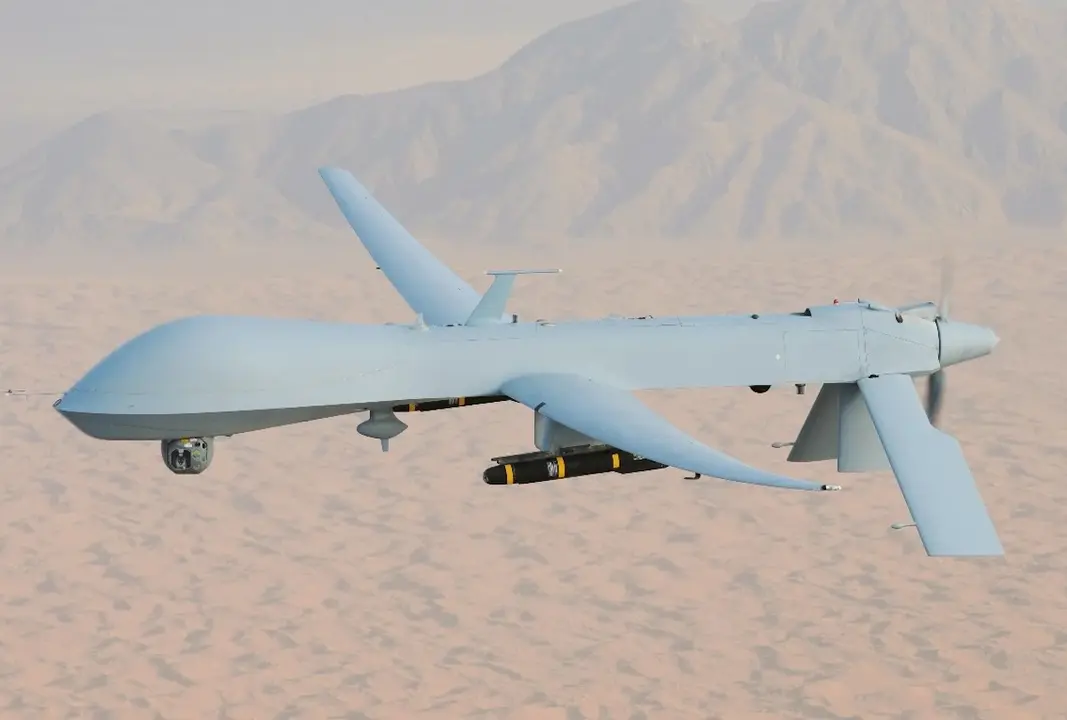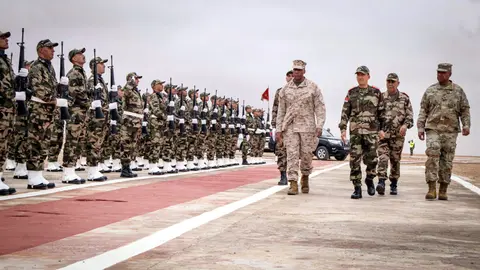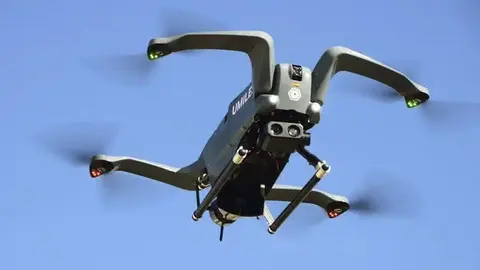Morocco will acquire more drones to step up the fight against drug trafficking and human trafficking

Morocco is taking a crucial step to strengthen its borders and improve its security. In its annual report, the Directorate General of National Security (DGSN) has revealed its intention to acquire 26 advanced drones. These devices will be key in the fight against drug trafficking, human smuggling and irregular immigration.
Drones are a state-of-the-art surveillance system designed to monitor wide areas and track suspicious movements in real time. These advanced technological tools will also play a key role in protecting major events, such as sporting competitions.
As Morocco World News notes, police officers are being trained to operate the drones and analyse the visual data they collect, as the Kingdom faces growing challenges on its borders, which serve as a bridge between Africa and Europe.
Trafficking and smuggling networks pose a constant threat. According to the DGSN, drones will play a crucial role in enabling security forces to patrol remote, hard-to-reach areas, improving both speed and efficiency.
Morocco has forged closer ties with leading countries in the drone industry. In this regard, in 2021, Rabat signed a defence agreement with Israel covering key areas such as intelligence and military industry cooperation.

Earlier this year, Morocco acquired Israeli kamikaze drones and, in addition, closed a deal with Israel Aerospace Industries (IAI) for the purchase of a spy satellite worth 1 billion dollars. IAI, renowned for manufacturing some of Israel's most advanced drones and missile defence systems, will supply the Ofek 13 spy satellite, which will replace two Airbus and Thales satellites.
Israel's Ofek-13 satellite, launched on 29 March last year, represents a significant advance in reconnaissance technology. The satellite uses synthetic aperture radar (SAR) technology to provide high-resolution imagery regardless of weather or lighting conditions.










